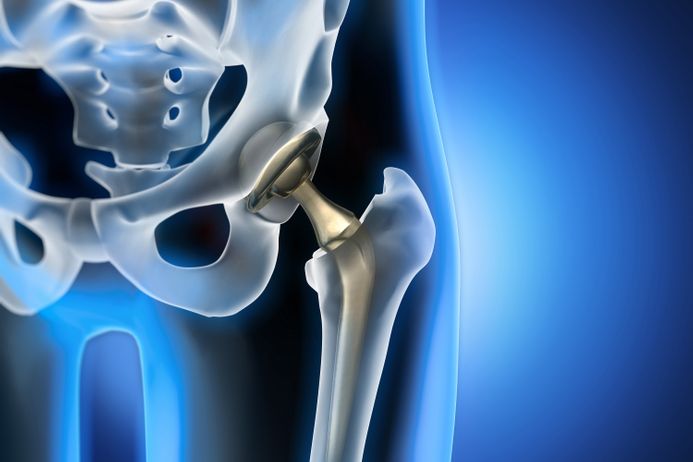 Role: PhD student in School of Public Health, Faculty of Medicine, Imperial College London
Role: PhD student in School of Public Health, Faculty of Medicine, Imperial College London
Department: Department of Infectious Disease Epidemiology
Nationality: British
I am a PhD student in the Department of Infectious Disease Epidemiology. I am currently on the Science and Solutions for a Changing Planet Doctoral Training Partnership at the Grantham Institute for Climate Change and the Environment. I am also a visiting PhD student in UCL's Institute for Risk and Disaster Reduction.
![]()
GCSE (or equivalent): Biology, Chemistry, Physics, Maths, English Language, English Literature, German, French, Physical Education, History, Home Economics, Information Technology
A-level (or equivalent): Biology, Chemistry and Physical Education and AS Level Physics
Degrees:
• BSc (Hons) Bio Veterinary Science with First Class Honours, Harper Adams University
• MSc Climate Change with Distinction, University College London
• PhD Infectious Disease Epidemiology (ongoing), Imperial College London
Details about Gina
My research
My research uses statistical modelling and machine learning to understand how natural hazards and conflicts result in infectious disease outbreaks. My work focuses on using these models to make disease outbreak predictions with varying social and environmental change. I have specific interests in drought, armed conflict, cholera, Nigeria and the Democratic Republic of Congo.
My inspiration
My veterinary epidemiology lecturer in my undergraduate degree. He spoke of how epidemiology looks at disease transmission in a wider context, in terms of diet, societal beliefs and behaviours, politics, travel etc. I found this fascinating and important so decided to follow it to PhD level as a way to bring all my interests into one discipline.
Who is your STEM hero?
I have so many STEM heroes and I read about scientists all the time that become heroes for me! Two of them are Jane Goodall, English primatologist and Jocelyn Bell Burnell, British astrophysicist. Joyce was left out of the Nobel Prize for her discovery. However, her love of science meant she kept going and eventually people knew what she had accomplished. I think about Jocelyn every time I am faced with a challenge and remember her resilience.

Most significant discovery/invention?
Sir John Charnley’s invention of the artificial hip. Despite his invention now being 60 years old, it is still one of the most carried out surgeries and considered the ‘gold standard’ of orthopaedic surgery.
.jpg)
Career options after study
- Continue in research and teaching
- Humanitarian aid organisations (MSF, UNICEF, Red Cross)
- Government and policy
- Science Communication

My hobbies
Reading, spending time in nature with family and friends, music and meditation.
Outreach Newsletter
Sign up to our newsletter and mailing list for updates about Outreach events and activities.